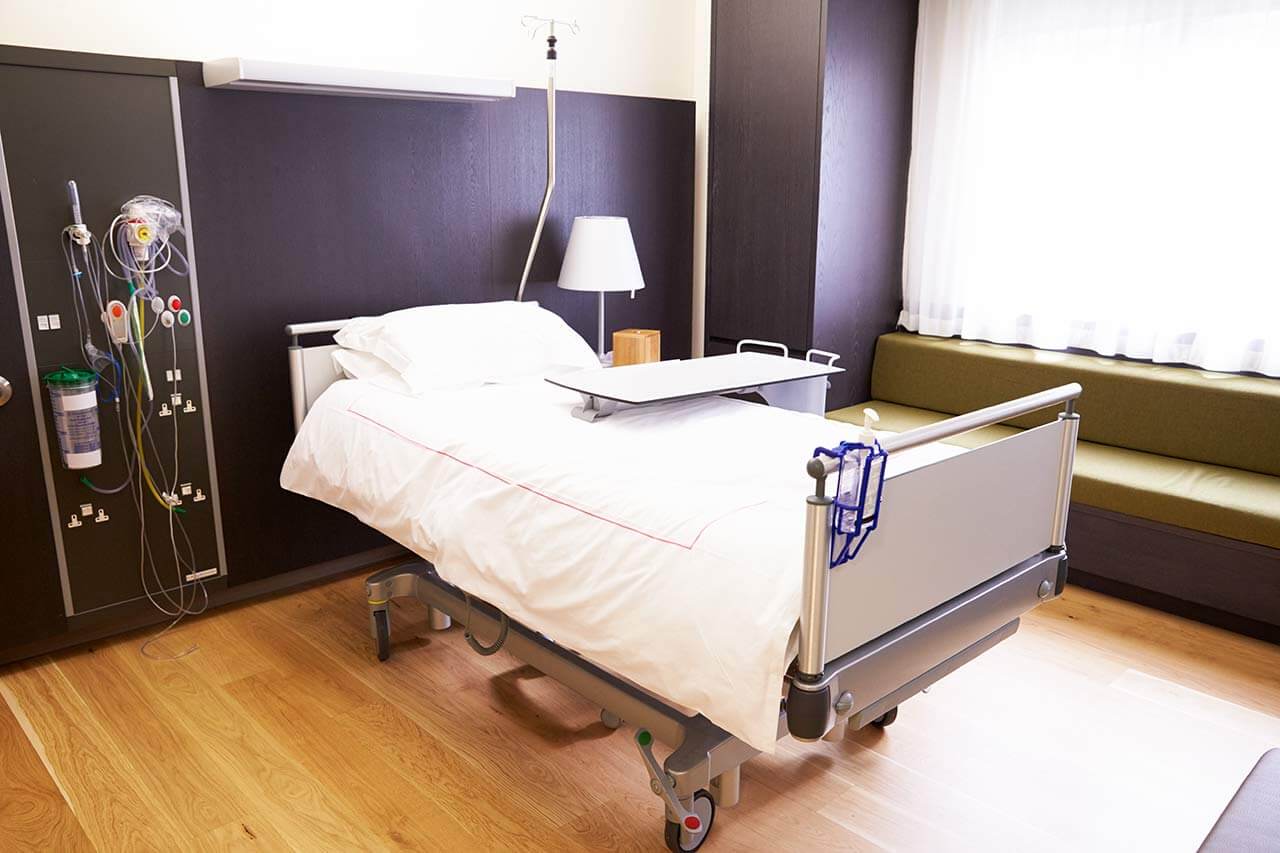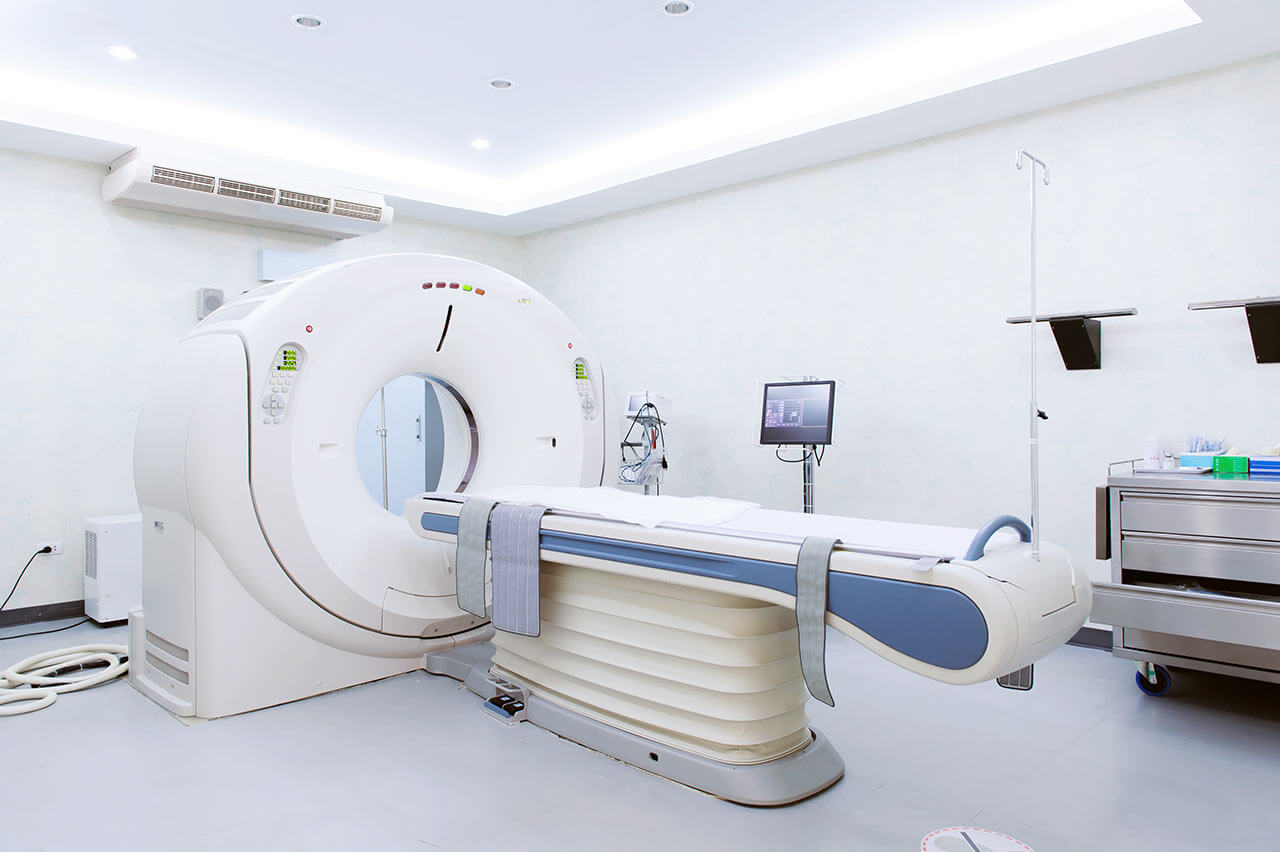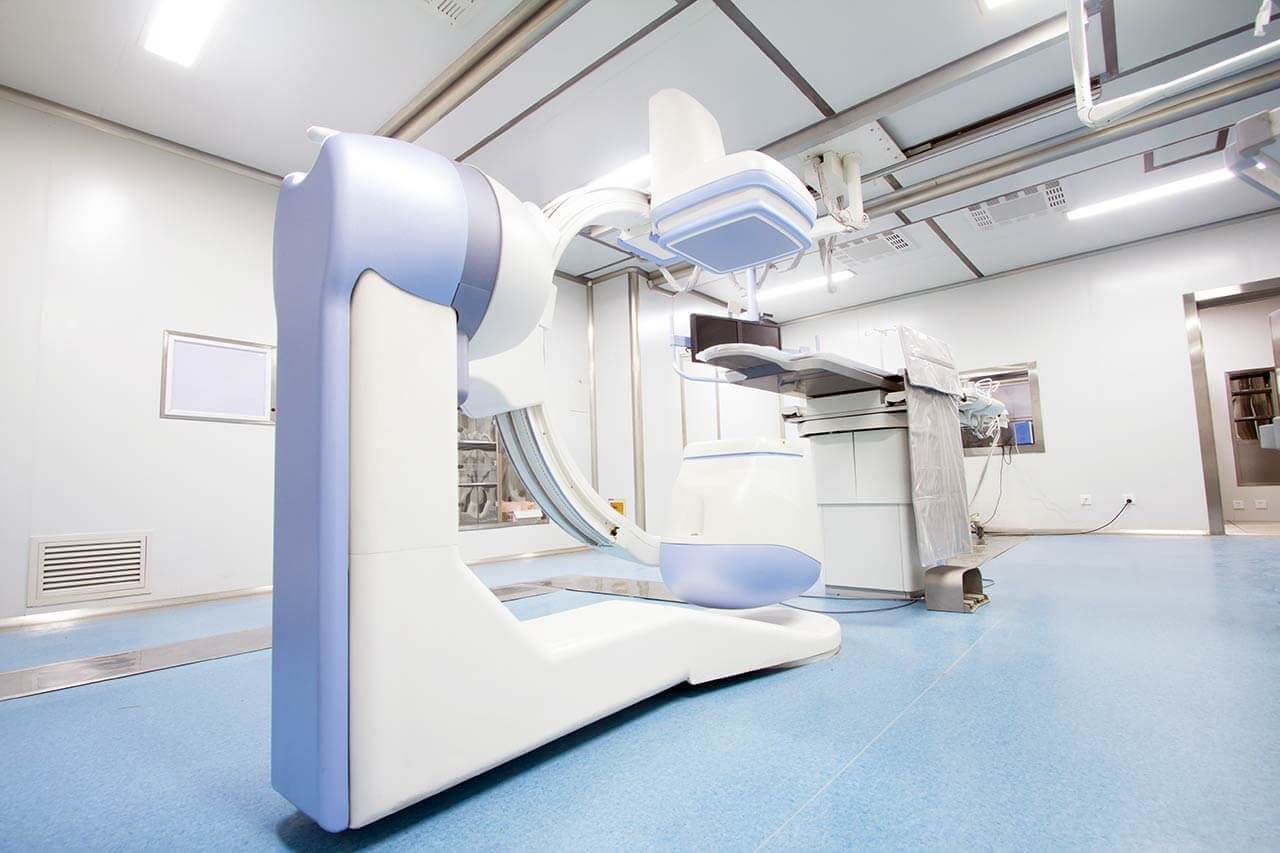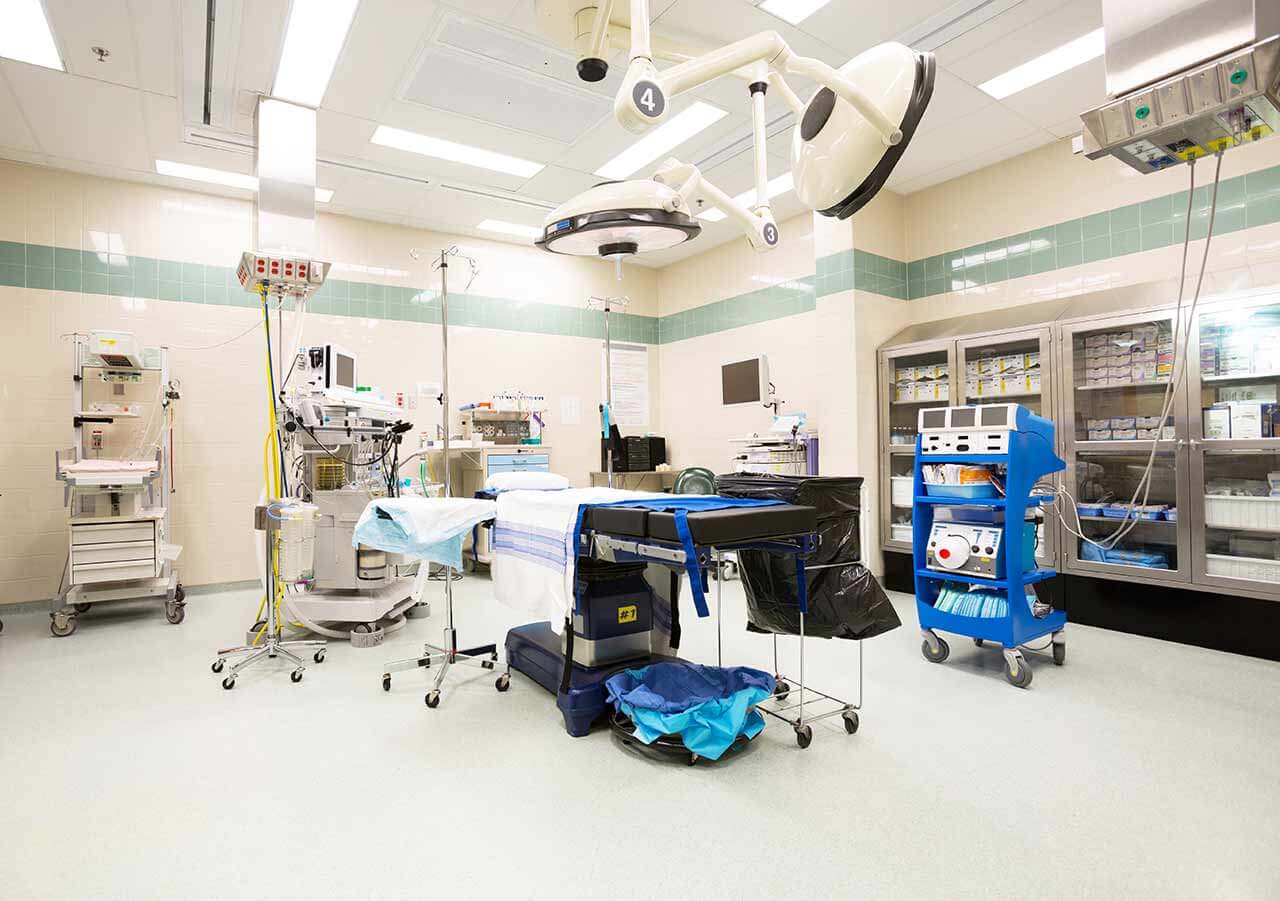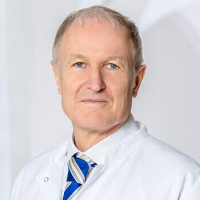
The program includes:
- Initial presentation in the clinic
- clinical history taking
- review of medical records
- physical examination
- laboratory tests:
- complete blood count
- biochemical analysis of blood
- thyroid function test (TSH-basal, fT3, fT4)
- mineral metabolism analysis (Na, K, Ca, Mg)
- lipid metabolism (HDL/LDL, cholesterol, triglycerides,
Lip(a), homocysteine) - iron content (ferritin, iron)
- blood coagulation analysis (aPTT, PT, INR)
- metabolic status (uric acid, total glucose, HbA1c)
- inflammatory parameters (CRP, ESR)
- cardiovascular disease risk markers
- lung function test (Spirometry)
- resting and exercise ECG
- vessel elasticity measurement
- Holter monitoring (24h)
- body fat and water examination
- color doppler echocardiography
- transesophageal echocardiography (tee)
- color doppler sonography of cerebral vessels
- preparation according to preoperative standard
- open cardiac ablation under 3-d mapping
- symptomatic treatment
- control examinations
- the cost of essential medicines and materials
- nursing services
- full hospital accommodation
- explanation of future recommendations
Required documents
- Medical records
- ECG (if available)
Service
You may also book:
 BookingHealth Price from:
BookingHealth Price from:
About the department
According to the Focus magazine, the Department of Cardiac Surgery at the Charite University Hospital Berlin is one of the best medical facilities in Germany specializing in the surgical treatment of cardiovascular disease!
The department offers the full range of modern surgical interventions on the heart with a special emphasis on heart valve repair and replacement, aortic surgery, coronary artery bypass grafting, pacemaker and defibrillator placement, and artificial heart system implantation. The healthcare facility performs more than 3,500 surgical procedures annually, most of which are complex, earning the department the status of one of the largest heart surgery centers in Germany with world-class medical services. In addition, the department has exceptional experience in performing heart-lung transplants and occupies a leading position among clinics specializing in this area in the international healthcare system. The department is proud of its high-tech equipment, which contributes to the high efficiency and safety of surgical treatment of cardiac pathologies. In their daily clinical practice, the department's surgeons make extensive use of the achievements of modern cardiac surgery, especially minimally invasive and catheter-based techniques. The professional skills of the department's cardiac surgeons deserve special attention – some of the best specialists in Europe, trained in top hospitals in Germany, other European countries and the USA, take care of the heart health of the patients in the department.
The Head Physician of the department is Prof. Dr. med. Volkmar Falk. The surgeon has exceptional experience in his area of specialization and saves the lives of patients with severe heart disease. In addition to his clinical practice, Prof. Falk devotes a great deal of time to scientific research, which has resulted in successful research projects and more than 700 scientific publications. The doctor is a Member of the German Society for Thoracic and Cardiovascular Surgery (DGTHG), the European Association for Cardio-Thoracic Surgery (EACTS), and other professional societies that set global standards for the surgical treatment of heart disease.
Heart valve surgery is of particular clinical interest to the department's team of cardiac surgeons. Patients with aortic, mitral, and tricuspid stenosis and insufficiency are operated on here. The optimal type of surgical treatment for the patient is selected after a comprehensive cardiologic evaluation, based on the severity of the disease, the severity of symptoms, and existing risks. Patients with aortic valve stenosis are offered aortic valve replacement surgery using traditional open techniques and the interventional TAVI procedure, transcatheter aortic valve implantation. Whenever possible, TAVI is preferred, which is performed through a femoral artery puncture using catheter-based techniques under local anesthesia. Minimally invasive aortic valve replacement is also performed here without sternotomy. The department's range of services also includes operations for mitral valve stenosis and regurgitation. Cardiac surgeons perform the majority of mitral valve repairs: in 90% of cases, specialists perform repair procedures that allow the patient's own mitral valve to be preserved and its function restored. The department performs more than 400 mitral valve repair procedures each year, so the specialists have extensive experience in this area. Cardiac surgeons at the medical facility are also highly competent in performing minimally invasive procedures to treat tricuspid stenosis and regurgitation.
Surgical treatment of coronary artery disease (CAD) occupies an important place in the clinical practice of the department's physicians. This cardiopathology is associated with impaired blood supply to the heart muscle due to damage and narrowing of the coronary arteries in atherosclerosis. In the advanced stages, CHD may lead to the development of acute coronary syndrome, a life-threatening condition. In addition, if left untreated, CHD may cause the development of secondary cardiac pathologies, such as heart failure or heart rhythm disturbances.The cardiac surgeons of the department specialize in the treatment of CHD through catheter-based interventions and traditional open surgery: in the first case, percutaneous transluminal coronary angioplasty with or without stenting is performed through the femoral or radial artery under angiographic guidance, and in the second case, coronary artery bypass grafting is performed. When clinically indicated, the department's specialists perform aortocoronary bypass surgery using minimally invasive techniques (without a sternectomy) and on a beating heart (without the use of a heart-lung machine). Each clinical case is unique, and in order to select the optimal treatment option, the cardiac surgeons, together with the cardiologists, study the patient's medical history and diagnostic data in detail.
Another clinical priority for the medical facility is the catheter-based and surgical treatment of cardiac arrhythmias: bradycardia (slow heartbeat) and tachycardia (fast heartbeat), including supraventricular tachycardia and ventricular tachycardia. The first-line treatment for tachycardia is drug therapy. If this fails, radiofrequency catheter ablation is considered as a second-line treatment: the essence of the procedure is a thermal effect on arrhythmogenic areas of the heart. In patients with ventricular tachycardia, implantation of an implantable cardioverter defibrillator is often indicated, since this type of arrhythmia carries a high risk of sudden cardiac death. The department successfully performs transvenous and subcutaneous defibrillator implantation procedures. These procedures are performed using minimally traumatic catheter-based techniques, which is a great advantage for the patient because in this case the risks are practically zero. In most cases, drug therapy and lifestyle modification are sufficient to normalize the heart rhythm in bradycardia, but in complex clinical situations, the only effective treatment option is the implantation of a pacemaker. These procedures are also performed in the department in the cardiac catheterization laboratory.
As a maximum care medical facility, the department guarantees each patient effective treatment adapted to their clinical case. Heart surgery is often anxiety-provoking for patients, so cardiac surgeons spend a lot of time in consultations, explaining the procedure, what to do afterward, and what to expect. This helps the patient to cope with the stress and to tolerate the treatment well.
The department's medical services include the following options:
- Catheter-based and surgical treatment of heart valve disease
- Treatment of aortic valve pathologies
- Catheter-based treatment of aortic valve stenosis using transcatheter aortic valve implantation (TAVI)
- Minimally invasive aortic valve replacement surgery
- Treatment of mitral valve pathologies
- Minimally invasive mitral valve repair surgery
- Minimally invasive mitral valve replacement surgery
- Treatment of tricuspid valve pathologies
- Minimally invasive tricuspid valve repair surgery
- Minimally invasive tricuspid valve replacement surgery
- Treatment of aortic valve pathologies
- Catheter-based and surgical treatment of coronary heart diseases
- Treatment of ischemic heart disease
- Percutaneous transluminal coronary angioplasty with or without stenting
- Coronary artery bypass grafting, including minimally invasive and without the use of a heart-lung machine
- Treatment of myocardial infarction
- Percutaneous transluminal coronary angioplasty with or without stenting
- Treatment of ischemic heart disease
- Catheter-based and surgical treatment of aortic pathologies
- Surgery for acute conditions
- Surgery for type A aortic dissection
- Surgery for penetrating aortic ulcer
- Surgery for aortic intramural hematoma
- Surgery for traumatic or iatrogenic aortic ruptures
- Surgery for acute inflammatory processes with aortic involvement
- Surgery for chronic aortic pathologies
- Surgery for arteriosclerosis
- Surgery for thoracic aortic aneurysm
- Surgery for chronic aortic dissection
- Surgery for aortic lesions associated with genetic diseases: Marfan syndrome, Turner syndrome, Ehlers-Danlos syndrome, and Loeys-Dietz syndrome
- Surgery for acute conditions
- Catheter-based treatment of cardiac rhythm disturbances (arrhythmias)
- Catheter-based procedures for tachycardia
- Radiofrequency catheter ablation
- Transvenous and subcutaneous implantable cardioverter-defibrillator placement
- Catheter-based procedures for bradycardia
- Pacemaker implantation
- Catheter-based procedures for tachycardia
- Catheter-based and surgical treatment of arterial hypertension
- Balloon dilation and stenting for renal artery stenosis
- Surgical removal of hormone-producing tumors (in collaboration with specialized surgeons)
- Other medical services
Curriculum vitae
Higher Education, Postgraduate Training, and Professional Career
- 1986 - 1992 Medical studies, University of Bonn.
- 1993 Doctorate in Cardiac Surgery, Faculty of Medicine, University of Bonn.
- 1994 - 1998 Residency, Department of Cardiothoracic and Vascular Surgery at the University Hospital Goettingen and Department of Cardiac Surgery at the University Hospital Leipzig.
- 1995 - 1996 USMLE exam for licensing to practice medicine in the USA, Part I and II.
- 1998 Board certification in Cardiac Surgery.
- 1998 - 2003 Senior Physician, Department of Cardiac Surgery, University Hospital Leipzig.
- 1999 - 2000 Research Fellow at Stanford University in Palo Alto, California, USA.
- 2001 Habilitation, Faculty of Medicine, University of Leipzig.
- 2002 Completion of advanced training courses in Special Intensive Care in Cardiac Surgery.
- 2003 - 2006 Managing Senior Physician, Department of Cardiac Surgery, University Hospital Leipzig.
- 2007 - 2009 W2 Professorship for Cardiac Surgery, University of Leipzig.
- 2009 - 2014 Head Physician, Department of Cardiac Surgery, University Hospital Zurich; Professorship for Cardiac Surgery at the University of Zurich.
- Since October 2014 Full Professor of the Department of Cardiothoracic Surgery at the Charite and Head of the Department of Cardiac Surgery at the Charite University Hospital Berlin.
- Since 2019 Professorship for Translational Technologies in Cardiac Surgery.
Scientific and Teaching Activities
- Prof. Falk is the author and co-author of more than 700 scientific publications. He was a co-founder of the Innovation Center Computer Assisted Surgery (ICCAS) at the University of Leipzig, funded by the Federal Ministry of Education and Research (BMBF). During his stay in Zurich, he launched the interdisciplinary research project "Heart of Zurich", which aims to improve existing and explore new circulatory support systems. Dr. Falk leads the project, which today includes around 20 research groups.
Memberships in Professional Societies
- German Society for Thoracic and Cardiovascular Surgery (DGTHG).
- European Association for Cardio-Thoracic Surgery (EACTS).
- European Society of Cardiology (ESC).
- International Society for Minimally Invasive Cardiothoracic Surgery (ISMICS).
- German Cardiac Society (DGK).
- American Association for Thoracic Surgery (AATS).
Prizes, Awards, and Honors
- 2000 Ulrich Karsten Prize for habilitation work from the German Society for Thoracic and Cardiovascular Surgery (DGTHG).
Photo of the doctor: (c) Charité – Universitätsmedizin Berlin
About hospital
According to the reputable Focus magazine, the Charite University Hospital Berlin ranks 1st among the best healthcare facilities in Germany!
The hospital is one of the largest and leading university medical complexes in Europe, and also consistently holds leading positions in the international medical arena. The Charite operates on the basis of the Faculty of Medicine of the Free University of Berlin and the Humboldt University of Berlin. Patients are offered modern diagnostics and treatment with the very latest methods, many of which were developed by professors and scientists of the medical complex. More than half of all German Nobel Prize winners in medicine and physiology, such as Emil von Behring, Robert Koch, and Paul Ehrlich, studied and worked at the Charite University Hospital Berlin. The medical complex includes more than 100 specialized departments and institutes, which helps to ensure that patients receive care in all existing medical specialties. The hospital has exceptional experience in treating complex clinical cases.
Each year, the hospital treats more than 137,800 inpatients and more than 787,700 outpatients. The hospital has a bed capacity of 3,293 beds. A huge medical team consisting of 5,670 scientists and doctors and more than 6,000 nurses work for the benefit of the patients. The main task of all specialists of the medical facility is to restore the patient's health or save his life in critical cases. The hospital has a friendly atmosphere where every patient feels care, respect and empathy.
The Charite University Hospital Berlin is generously funded by the German government, which is why it offers patients the latest generation of excellent equipment and comfortable infrastructure. The Charite medical complex is equipped with da Vinci robotic surgery systems, laser technologies, equipment for endovascular catheter-based interventions, neuronavigation devices, intraoperative monitoring systems, equipment for proton therapy available only in the most advanced medical centers in the world, and many other technologies. All these resources, combined with the experience and professional skills of the hospital's doctors, are the key to providing the most effective and safe treatment in accordance with the highest international medical standards.
The hospital is recognized with a huge number of quality certificates, including DIN EN ISO 9001:2015, certificates from the German Cancer Society (DKG), the German Society for General and Visceral Surgery (DGAV), the German Society for Thoracic Surgery (DGT), the German Hernia Society (DHG), and the ERAS Society.
The Charite University Hospital Berlin is a benchmark in the European healthcare system. Patients therefore receive impeccable medical service, quality care, and personalized service that puts the patient and their individual needs first.
Photo: (с) depositphotos
Accommodation in hospital
Patients rooms
The patients of the Charite University Hospital Berlin live in comfortable rooms made of modern design. Each room is equipped with an ensuite bathroom with a toilet and a shower. The standard room furnishing includes an automatically adjustable bed, a bedside table, a wardrobe for storing clothes, a table and chairs for receiving visitors, and a TV. If desired, Wi-Fi access can be provided. The hospital also offers enhanced-comfort rooms.
Meals and Menus
The patient and his accompanying person have a daily choice of three menus. If for any reason, you do not like the food, you will be offered an individual menu. Please inform the medical staff about your dietary preferences before the treatment.
Further details
Standard rooms include:
Religion
Religious services are available upon request.
Accompanying person
During the inpatient program, an accompanying person may stay with you in a patient room or at the hotel of your choice.
Hotel
During the outpatient program, you can live at a hotel of your choice. Managers will help you to choose the most suitable options.
The hospital offers a full range of laboratory tests (general, hormonal, tests for infections, antibodies, tumor markers, etc.), genetic tests, various modifications of ultrasound scans, CT scans, MRI and PET / CT, angiography, myelography, biopsy and other examinations. Treatment with medications, endoscopic and robotic operations, stereotaxic interventions is carried out here, modern types of radiation therapy are also used. The hospital offers patients all the necessary therapeutic techniques.
- Proton therapy
- CyberKnife treatment
- Hyperthermic intraperitoneal chemotherapy (HIPEC)
- PSMA therapy with Lutetium-177
- Joint replacement in adults and children
These are oncological diseases, benign neoplasms of the brain and spinal cord, heart valve defects, diabetes mellitus and its complications, joint diseases and other pathologies.
- Neurosurgery
- Oncology
- Plastic and reconstructive surgery
- Interventional radiology
- Proton therapy (Proton Therapy Center BerlinProtonen)
The medical team includes more than 4,225 highly qualified scientists and doctors.
